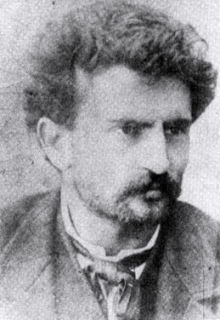A Quote by Sextus Empiricus
By skepticism . . . we arrive first at suspension of judgment, and second at freedom from disturbance.
Quote Topics
Related Quotes
The only freedom that is of enduring importance is the freedom of intelligence, that is to say, freedom of observation and of judgment, exercised in behalf of purposes that are intrinsically worth while. The commonest mistake made about freedom is, I think, to identify it with freedom of movement, or, with the external or physical side of activity.
A prejudice may be an unreasoned judgment, he [Hibben] pointed out, but an unreasoned judgment is not necessarily an illogical judgment. ... First, there are those judgments whose verification has simply dropped out of memory. ... The second type of unreasoned judgments we hold is the opinions we adopt from others ... The third class of judgments in Professor Hibben's list comprises those which have subconscious origin. The material that furnishes their support does not reach the focal point of consciousness, but psychology insists upon its existence.







































